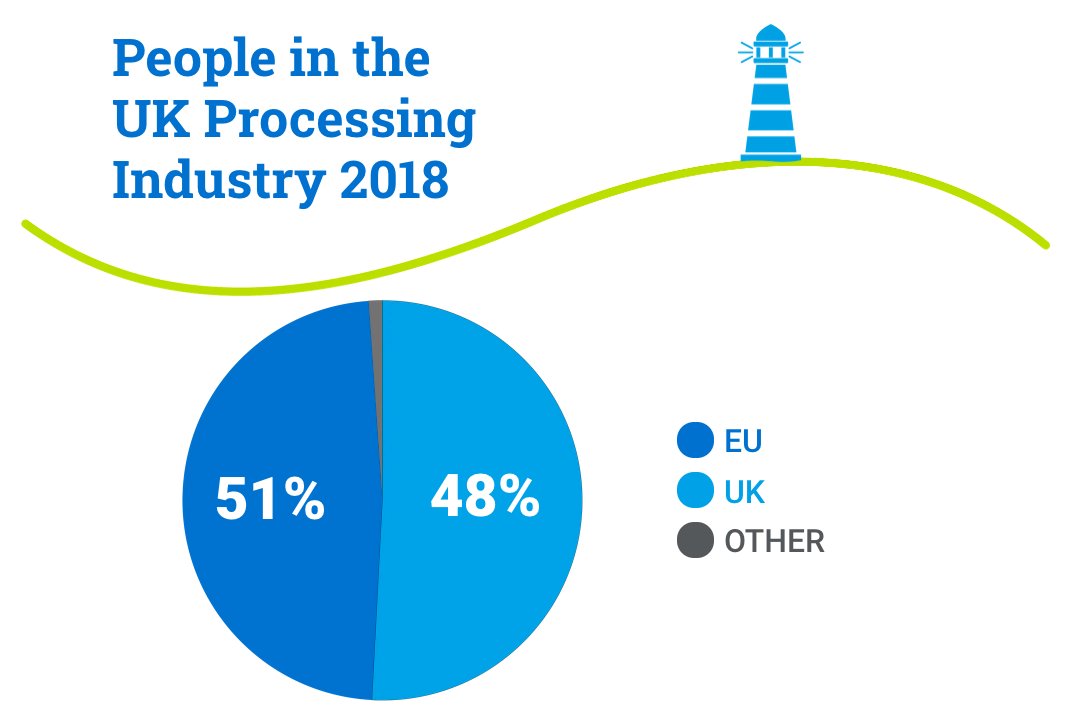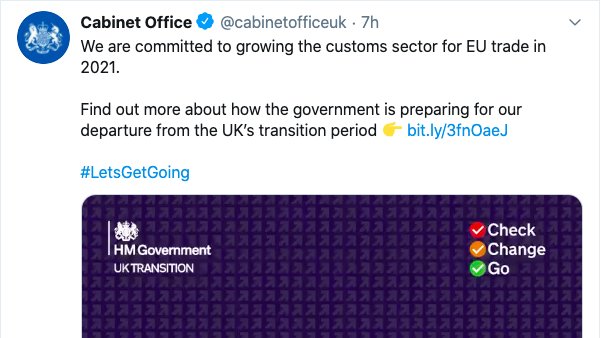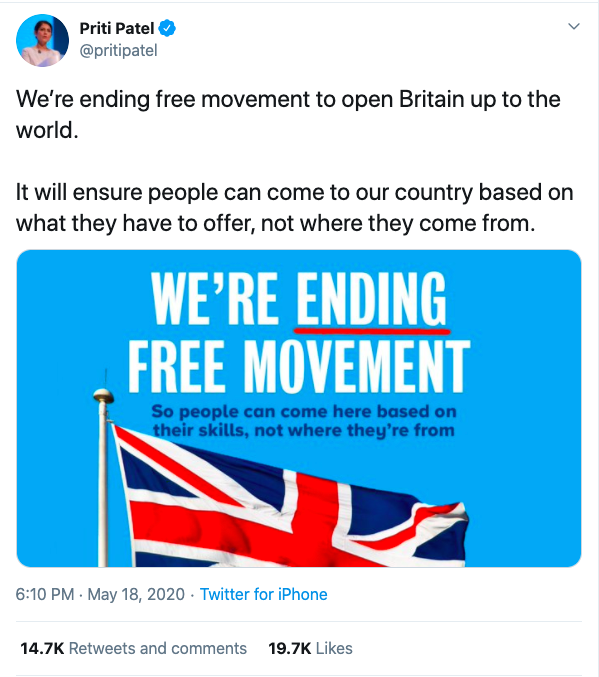Interesting thread on Twitter today:
Today in pictures/graphics which "speak a thousand words" about Brexit.
First up is Fisheries Minister (and MP for the coastal constituency of Banbury) "catching mackerel". If, as many have suggested, her fishing rod has no line, there's your first metaphor.
First up is Fisheries Minister (and MP for the coastal constituency of Banbury) "catching mackerel".
If you want to know about the forthcoming Fish Bill (ostensibly intended to repatriate matters formerly covered by the CFP), how it might be open to challenge, and why UNCLOS and the UN Fish Stocks
Agreement matter, then you'd best ask a lawyer.
I'm interested in mackerel. Mackerel is an interesting choice of fish. It's plentiful in UK waters, which is why it's a popular choice for sea fishing competitions (if you find a shoal you can pick them out of the sea as fast as you can reel them in — assuming your rod has a line). But...the UK is a net exporter of mackerel (just as we are a net importer of cod, haddock, etc) 67,000 tonnes in 2019. Its value depends upon demand beyond our shores, and the largest markets currently are The Netherlands, France and Romania. ]
Mackerel is known for spoiling quickly (there are more references to stinking mackerel in English literature than to any other fish) and ≈21,000 tonnes of ours are exported fresh. Without a trade deal, it's not only tariffs but non-tariff barriers that will become an issue.
Because it spoils so easily, a lot of mackerel is processed before export (smoking, freezing, etc.). Currently, around half of those employed in the UK fish processing sector are EU nationals. It's hard to see how ending free movement of labour will not have an impact here.

Scroll past it quickly and it seems reasonable enough: the UK is getting ready to keep goods moving after the transition period ends on 31 December! But let's think about the language.

The "customs sector" could refer to the inspection and approval of imports, but here it mainly means preparing declarations for export. It's what Brexit campaigners in 2016 probably called "red tape". Today, then, HM Govt committed to "growing red tape" for trade with the EU.
NB. If you're looking for people to blame for this added cost to businesses, you could just blame everyone who voted Leave...but they were assured that the UK would continue to be part of a European "free trade zone".
It was Theresa May who decreed that the UK had to leave
the European Economic Area. It was Boris Johnson who is determined, further, to reject the shared regulation and conformity assessment regime that could make trade freer and easier. It was people who believe that we have no trade deals with the US, or China, who pushed the
"WTO Terms"/"No Deal" chimera.
Four years of Brexit critics obsessing about "the Customs Union" — rather than what really matters when it comes to delivering frictionless trade with our closest market, viz. the Single Market — didn't help much either.
My last graphic is from some time ago, but it is within the same genre — the Home Secretary's triumphant announcement that HM Govt is ending free movement.

Ms Patel's Twitter feed is full of mentions of "freedom", but here is one freedom she's not keen on.
only 45,000 EU nationals (net) came to the UK. Net migration from NON-EU countries was 282,000 - 6 times as many. Ending 'free movement' will not end inward migration, but what it will certainly do is curtail the freedom of UK citizens to move as freely as before.
On 18 April 1988, Margaret Thatcher called for "Action to let people practice (sic) their trades and professions freely throughout the [EU]".
I am not suggesting that this will be impossible in the future, but it will be far more difficult. Barriers have been erected.
In the same speech, Mrs Thatcher called for "Action to remove the customs barriers and formalities so that goods can circulate freely and without time-consuming delays. Action to make sure that any company could sell its goods and services without let or hindrance." (Notice,
btw, her call to 'remove customs barriers' – yet the Customs Union was already 20 years old in 1988.) In the name of some nebulous notion of 'sovereignty' and 'taking back control' (of what?), HM Govt has reversed the vision of their most freedom-loving leader.
Ending free movement will have a negative impact upon services exports, and the determination to leave the EEA (without the bilateral deals upon which, say, Switzerland relies) erects barriers, impedes the circulation of goods, and multiplies 'time-consuming delays'.
What a failure.
Twitter thread courtesy of https://twitter.com/baghwallah/status/1299806020374585345
